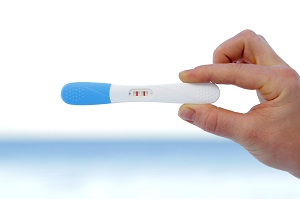Polycystic ovary syndrome (PCOS) is the leading cause of female infertility. The Australian researchers have therefore developed a set of guidelines for early detection and treatment of the disease. In this way they hope to facilitate the diagnosis of the disorder, improving the treatments and the possibilities of preventing complications.
The drafting of the guidelines involved 70 experts, who worked on the project for over 15 months. The guidelines have been published in three international newspapers, so as to reach as many professionals as possible. Some of the experts are also working on translations, to facilitate their dissemination and reception.
Polycystic ovary syndrome is a hormonal or endocrine disorder, linked to too high levels of insulin. This causes: increase of facial hair; hair loss; abnormalities in ovulation; weight gain; anxiety and depression. In severe cases, the disorder causes infertility. Nevertheless, early detection can help prevent more severe affections and preserve fertility.
The project started from research, from which emerged that many women do not receive adequate treatment for the disease. The guidelines aim to improve the criteria of diagnosis and to stimulate simple and ad hoc tests. Furthermore, it takes into consideration the influence of lifestyle on the disorder and any changes to be made. For example, it has been proven that obesity increases the risk of PCOS-related complications.
Source: monash.edu.au
















